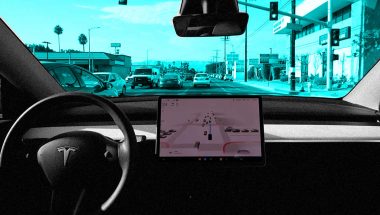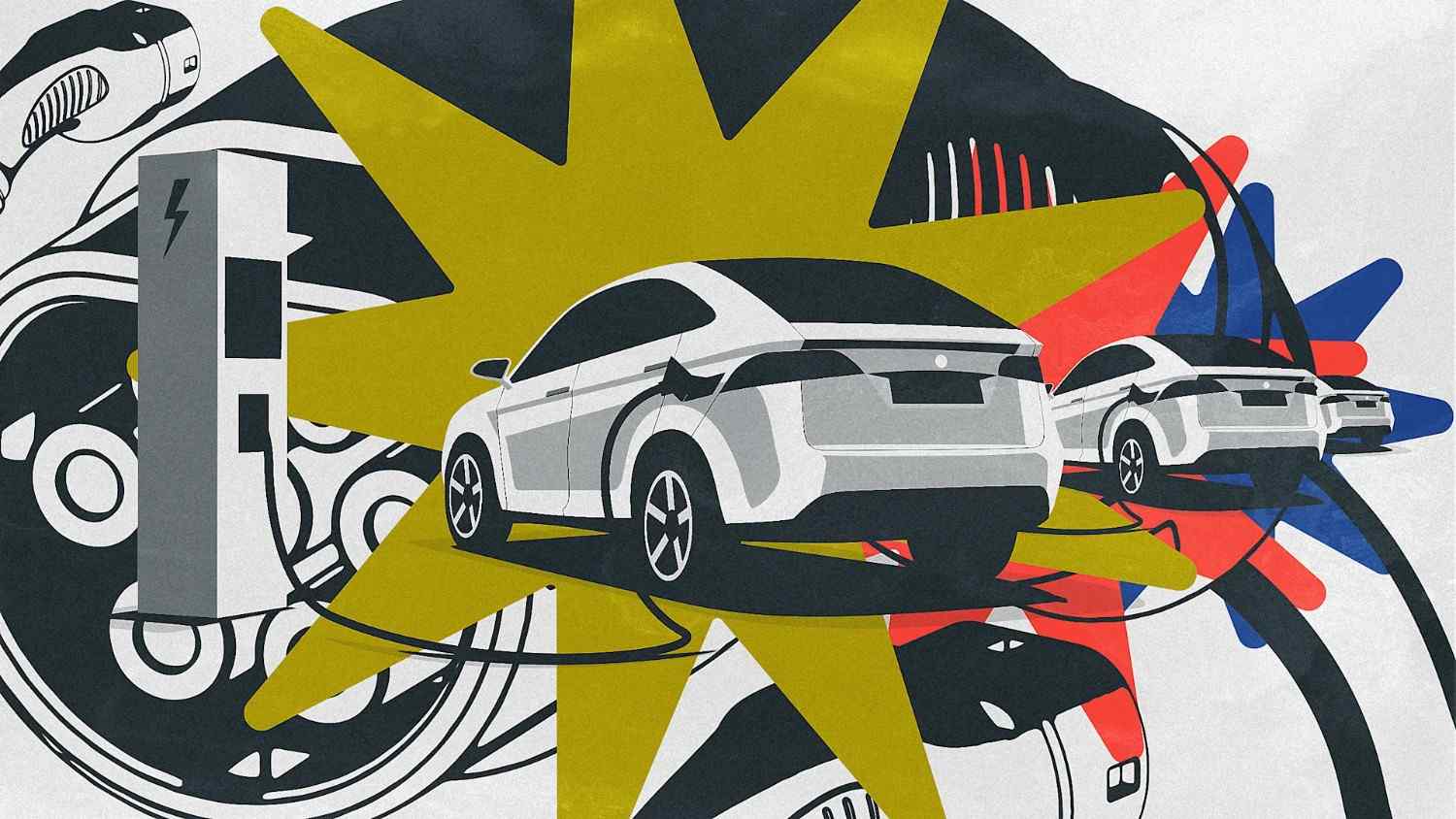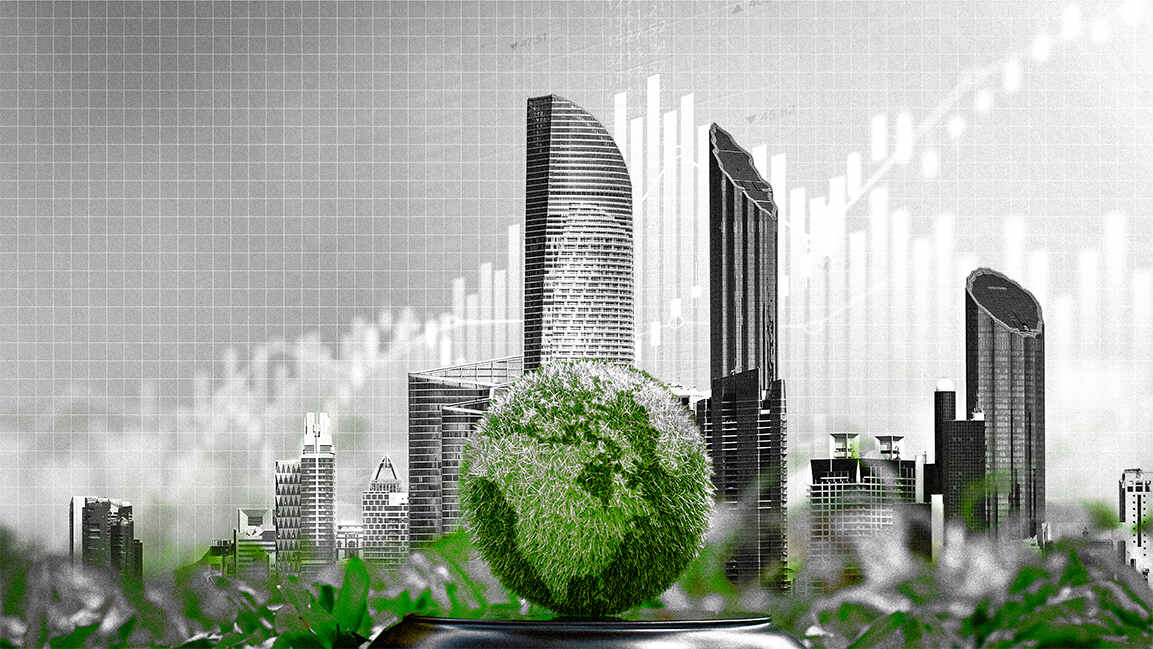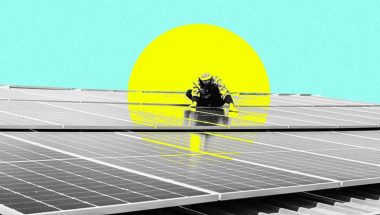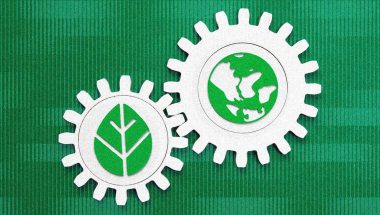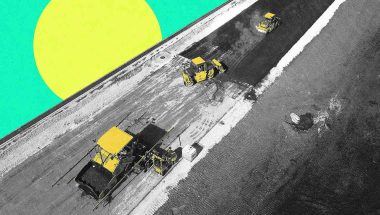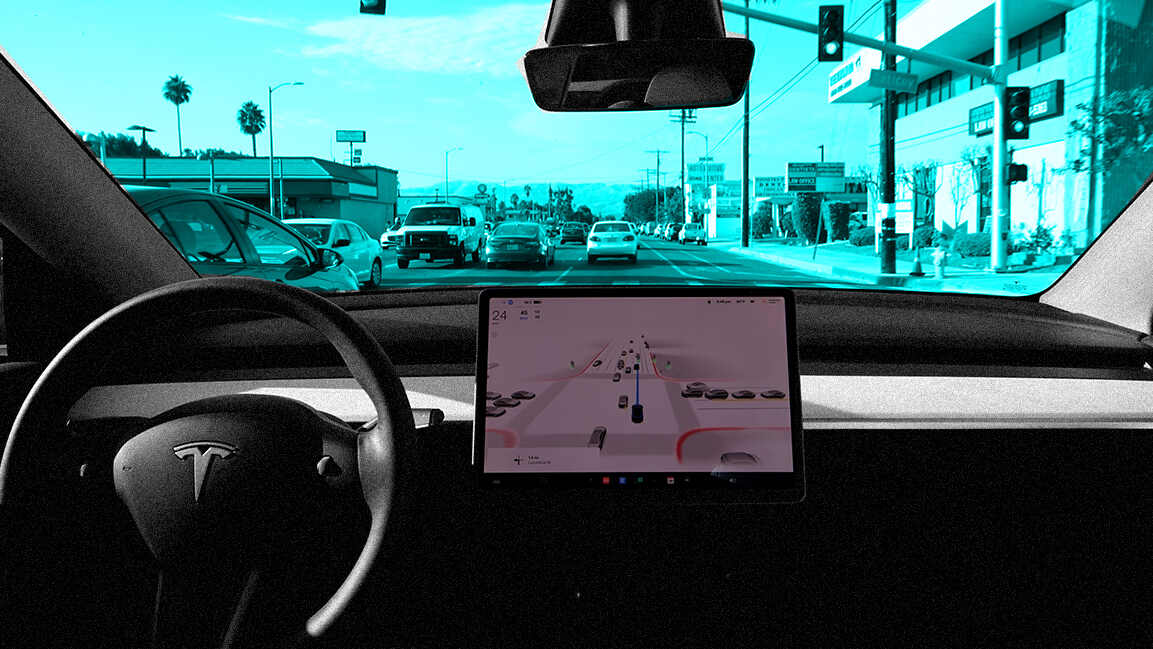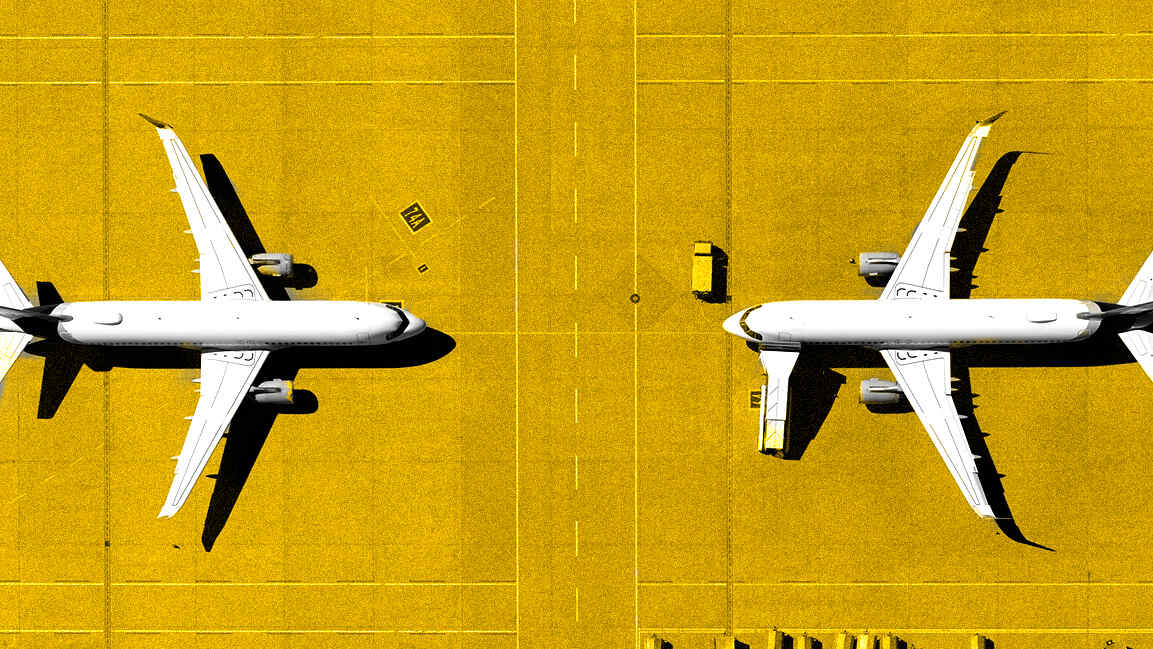- | 9:00 am
Can UAE grocers balance their green ambitions with profitability?
UAE supermarkets are racing toward a greener future, but profitability may be the ultimate test of their commitment.
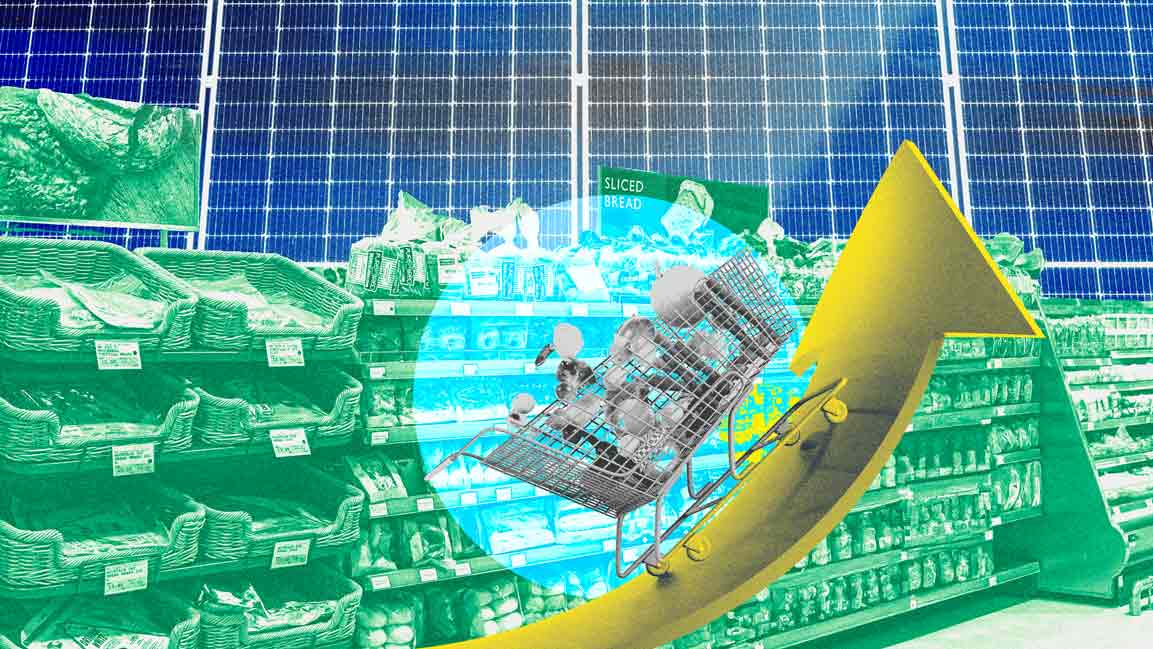
With sustainability now a core pillar of the UAE’s agenda, food and beverage retailers are accelerating their green initiatives—reducing waste, installing solar power, and rethinking packaging.
Yet, how do businesses balance environmental ambitions with commercial realities?
Choitrams, which operates more than 50 stores across the UAE, has been powering its food distribution center with a 2.7MW solar plant since 2021— offsetting more than 3,400 tonnes of carbon dioxide annually.
Spinneys was an early mover, launching a solar program across its properties in 2018. Today, solar energy meets 10% of the chain’s electricity needs and brings it closer to its goal of sourcing 50% of operational energy from renewables by 2040.
Union Coop is planning an even bigger leap. By mid-2026, the Dubai supermarket chain aims to roll out 17.3MW of distributed solar power across 30 locations—preventing an estimated 21,650 tonnes of carbon emissions each year, the equivalent of planting 325,000 trees.
TURNING WASTE INTO VALUE
Reducing food waste is emerging as one of the most effective—and creative—ways UAE grocers are shrinking their environmental footprint.
For example, in 2024, Spinneys partnered with the Abu Dhabi Agriculture and Food Safety Authority and agribusiness startup Circa Biotech to convert food waste into agricultural feed using black soldier fly larvae. A six-month trial has already reduced Spinneys’ landfill waste by 54%.
Dubai-based online grocer Kibsons is also tackling food waste with technology and creative offerings. AI-powered demand forecasting has reduced spoilage by up to 50%, while its “ugly but tasty” range gives imperfect produce a second chance at discounted rates.
“Sustainability is not a side project for us—it’s embedded into how we operate daily,” says Halima Jumani, CEO of Kibsons. “We focus on circular operations, food-waste prevention, and packaging transformation, with measurable results across each.”
The company composts six tons of organic waste yearly, recycles over 90% of plastic and paper, and saves nearly one million gallons of water by recycling 75% of its cooling water. Its solar-powered cold storage also cuts electricity needs by nearly 25% a year- and up to 50% in cooler months.
BUILDING EFFICIENCY INTO STORES
Energy efficiency goes beyond solar panels and renewable fuels—it starts with rethinking how stores are designed and operated.
Organic Foods & Café, which operates seven UAE outlets, has redesigned its stores for efficiency, such as temperature tracking devices to ensure refrigeration units run optimally, and reduces waste by donating surplus stock to food banks and discounting near-expiry items to minimize spoilage.
On the supply chain side, it sources produce as close to the UAE as possible, cutting transport-related emissions while supporting organic, family-owned farms that keep value in local communities.
“Where imports are necessary, preference is given to sea shipments over air freight when product shelf life allows,” says Roy Mahan, retail director of Organic Foods & Café.
RECYCLING, RENEWABLES, AND CUSTOMER ENGAGEMENT
For food and beverage retailers, sustainability isn’t limited to back-end operations—it’s about bringing customers into the journey and making green practices part of everyday shopping.
Spinneys Abu Dhabi launched a glass bottle recycling program in the UAE capital with Pernod Ricard. In just six months, it collected over 1,000 bottles, saving 2.1 million BTUs of energy and cutting 0.3 tons of carbon dioxide emissions.
“To further strengthen our green credentials, we’re introducing electric vehicles into our fleet,” says Sacha Tanner, general manager of Spinneys Abu Dhabi. “We integrate environmental goals into our daily operations so that they complement, rather than compete with, our commercial objectives.”
The retailer has also switched parts of its logistics fleet to biodiesel, lowering carbon emissions by 32,708 kilograms—the equivalent of taking 7.3 fossil-fuelled cars off the road for a year.
“Partnerships have been key to making this balance work,” Tanner adds. “Collaborating with organizations such as Pernod Ricard and Natural Fuels allows us to share resources, spread costs, and amplify impact, all while maintaining commercial viability.”
MOVING BEYOND SINGLE-USE PLASTICS
With a nationwide ban on the import and production of single-use plastics coming in 2026, grocers in the UAE are already phasing in alternatives. Carrefour has introduced reusable bags thicker than 57 microns to comply with regulations.
Spinneys stopped using single-use bags across its stores in 2022, saving 484 tons of plastic from its checkout per year. It now offers customers a 25-fils discount on their bill when they bring their own reusable bags.
Kibsons has gone further—replacing single-use cardboard boxes with reusable delivery crates, preserving more than 25,000 trees annually.
“We’ve been building toward this for years,” says Jumani. “Plastic bags are already out of our deliveries, and customers can choose recyclable paper bags—or no bags at all. The real step-change is our reusable crate model: groceries arrive in sturdy crates, customers unload at the door, and we collect, sanitize, and return them to circulation.”
BALANCING GOALS AND REALITIES
Despite impressive progress, the UAE’s food and beverage retailers acknowledge that sustainability comes with challenges—chief among them cost and supply chain complexity.
“Environmentally friendly packaging remains costly and difficult to source consistently, particularly at price points that are commercially viable,” says Mahan. “Also, seasonal limitations mean that local produce is less available during the summer months, increasing reliance on imports and sometimes higher-carbon transport methods.”
Jumani shares a similar sentiment, noting that sustainability in fresh groceries is a complex systems challenge—especially in a hot climate with high customer expectations.
“Implementing AI systems, composting programs, and circular packaging requires investment and tight execution—hence our phased rollouts and digital optimization,” she says.
Tanner adds that the price tag for infrastructure, renewable fuels, and public engagement programs can be steep, with returns often realized over the long term.
“Scaling these initiatives across our network without disrupting operations takes careful planning. And in a highly regulated sector like ours, aligning sustainability with product availability and customer expectations is a constant balancing act,” he says.
While the financial and operational hurdles are real, going green for the UAE’s grocery retailers is about more than compliance. It’s a strategy for long-term resilience.
“The responsibility is clear: we need to protect our environment and support our community,” says Tanner. “But the opportunity is just as important—by innovating in areas like recycling, renewable fuels, and community partnerships, we can strengthen our brand, build loyalty, and create a business model fit for the future.”








